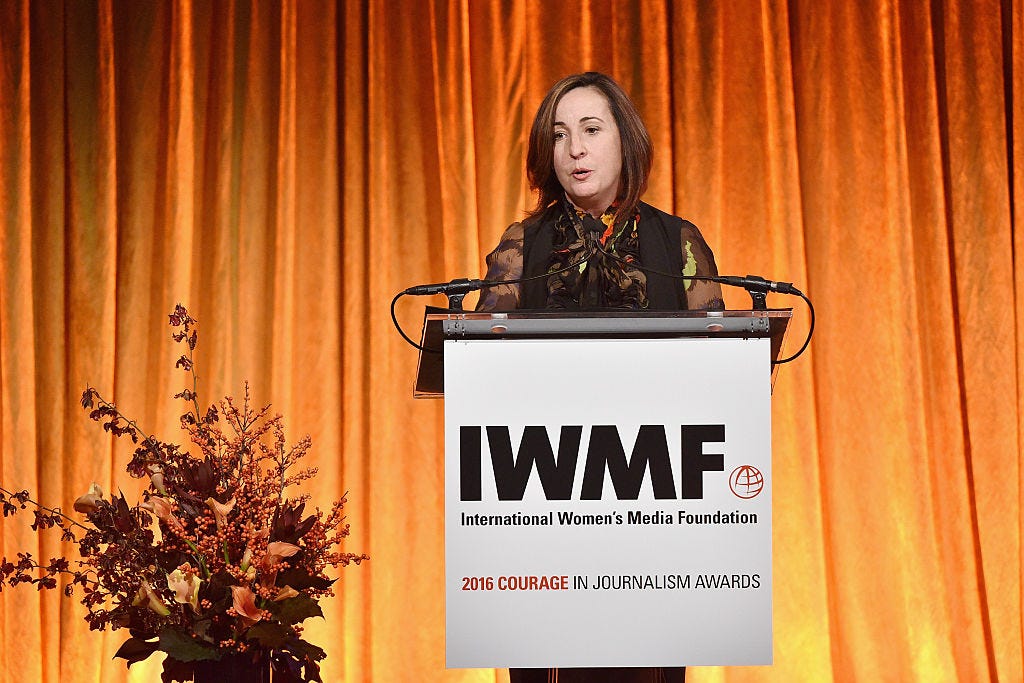Missing and Murdered Indigenous Women reporting grant dramatically cut
International Women's Media Foundation reduces $10 million initiative for Native journalism to $750K.

WASHINGTON – The International Women's Media Foundation (IWMF) acted prematurely last year in announcing it had received $10 millio…
Keep reading with a 7-day free trial
Subscribe to Indigenous Wire to keep reading this post and get 7 days of free access to the full post archives.

